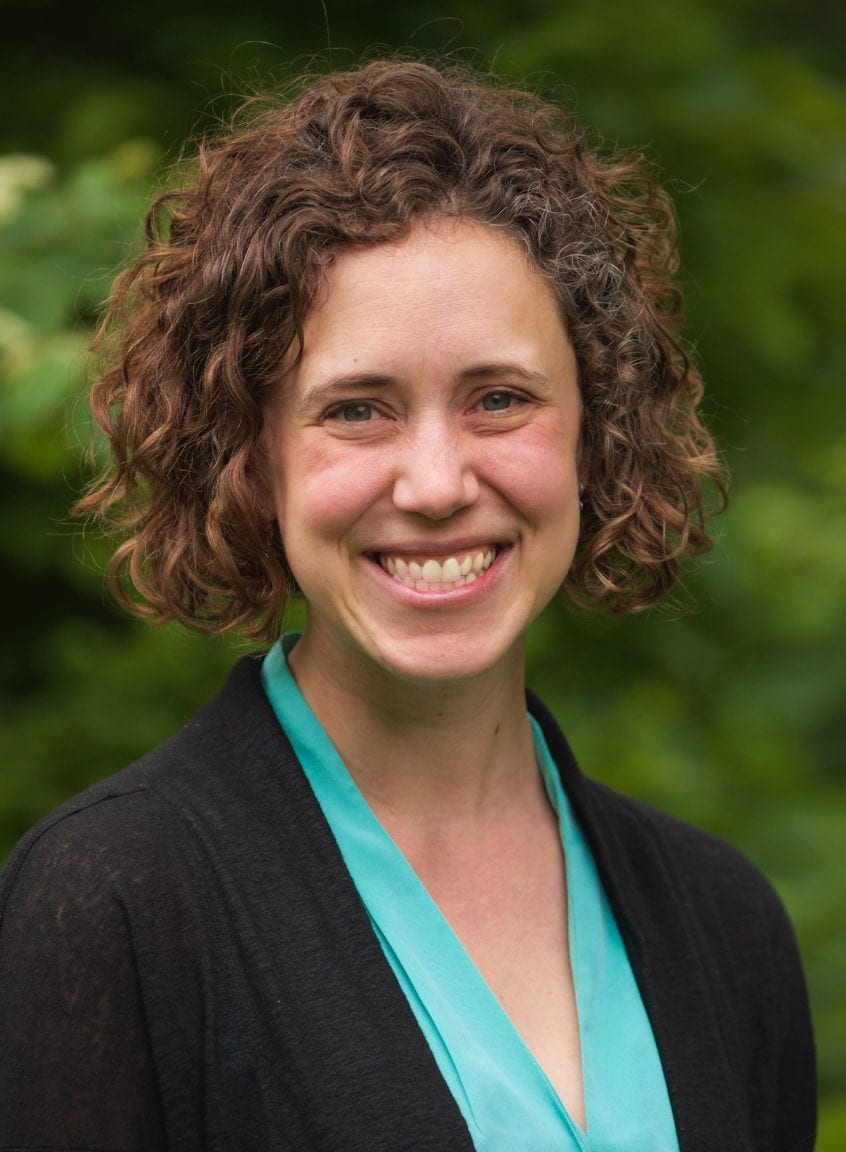This week on Rural Health Leadership Radio, we’re talking about how we can provide support for caregivers. We are having that conversation with Dr. Carrie Henning Smith, Assistant Professor and Deputy Director of the Rural Health Research Center at the University of Minnesota, School of Public Health.
“…caregiving in a rural context is different than in an urban context.”
~Dr. Carrie Henning Smith
Dr. Smith grew up in a small town in Wisconsin, with deep roots across the Midwest, in Illinois, Iowa, and Nebraska. Farming has been in her family for years, making rural health near to her heart. She embraces the broad lens that public health has on issues, including healthcare, climate change, poverty, as well as demography and context. Dr. Smith has studied long-term care in Rural America, focusing on unpaid caregivers. Unpaid caregivers make up the bulk of the long-term care system, and Dr. Smith noticed that there was little research being done on what it is truly like to be an unpaid caregiver in a rural setting.
“I think the more we can elevate the conversation from a personal or family crisis to a larger conversation that we are all a part of, I think the better off we will all be.”
~Dr. Carrie Henning Smith
Dr. Smith delved into the differences between the rural and urban caregiving experience, as well as the unique rural challenges and opportunities for supporting caregivers. She finds that rural caregiving programs, policies, and other programs need to be designed with rural communities in mind, given the differences in rural and urban caregiving. With more constraints than urban areas, rural healthcare faces issues that require more teamwork and more open conversations in order to be conquered.


One Comment on “149: A Conversation with Carrie Henning Smith”
As a caregiver in a full time health administrative job (and trying to finish up my Doctorate degree) it can seem almost overwhelming at times, so I could not agree more with your comments. There are next to no resources for the caregiver in the rural setting–very disproportionate to what is available in the urban setting. And it really struck a cord when you spoke extensively about not only the lack of resources, but also the lack of flexibility, in the work place schedules in a rural setting. That too has been an issue that seems insurmountable to overcome. Research shows overwhelmingly that work life balance is a number one issue in staff turnover and care giver exhaustion. (So there are several issues that surround that.)
The other thing that I find so frustrating is that healthcare policy surrounding this issue is so negatively balanced towards the caregiver and the disparity even widens for the rural care giver. We MUST have more advocates on the Hill fighting for change. For example, if I were to put my Mother in a nursing home, because she has minimal income, Medicaid would cover the expense and I would be out of pocket nothing. However, I CHOOSE to keep her in my home and in doing so, I must keep (and pay) care givers around the clock when I am not there (working) and yet there is no assistance at all available for that. She gets much better care in my home than she would get in a nursing home and it saves the system thousands per month, and yet there is not even minimal assistance. That has to change.
Thanks for your VERY IMPORTANT work! I enjoyed listening to the program SuLynn